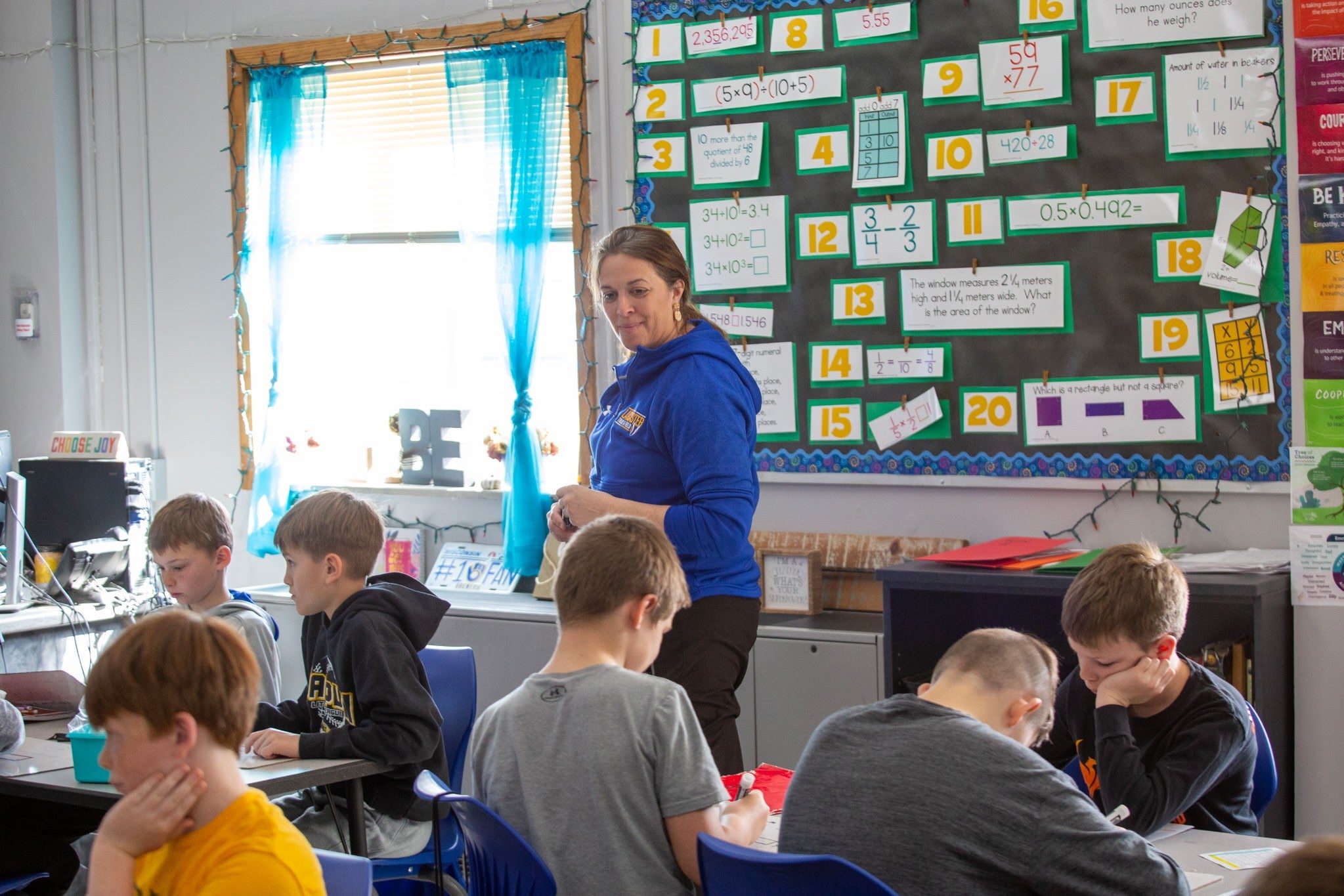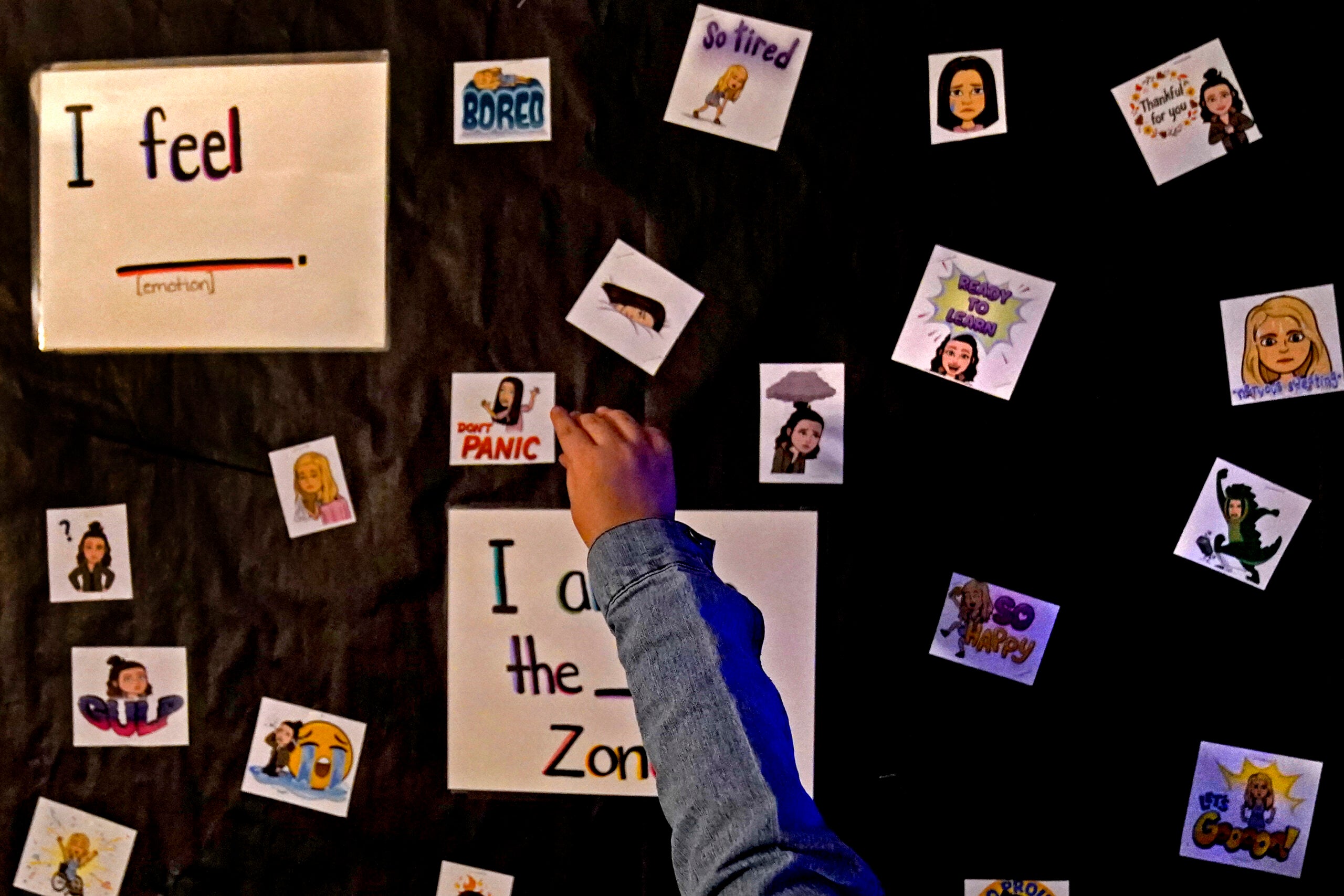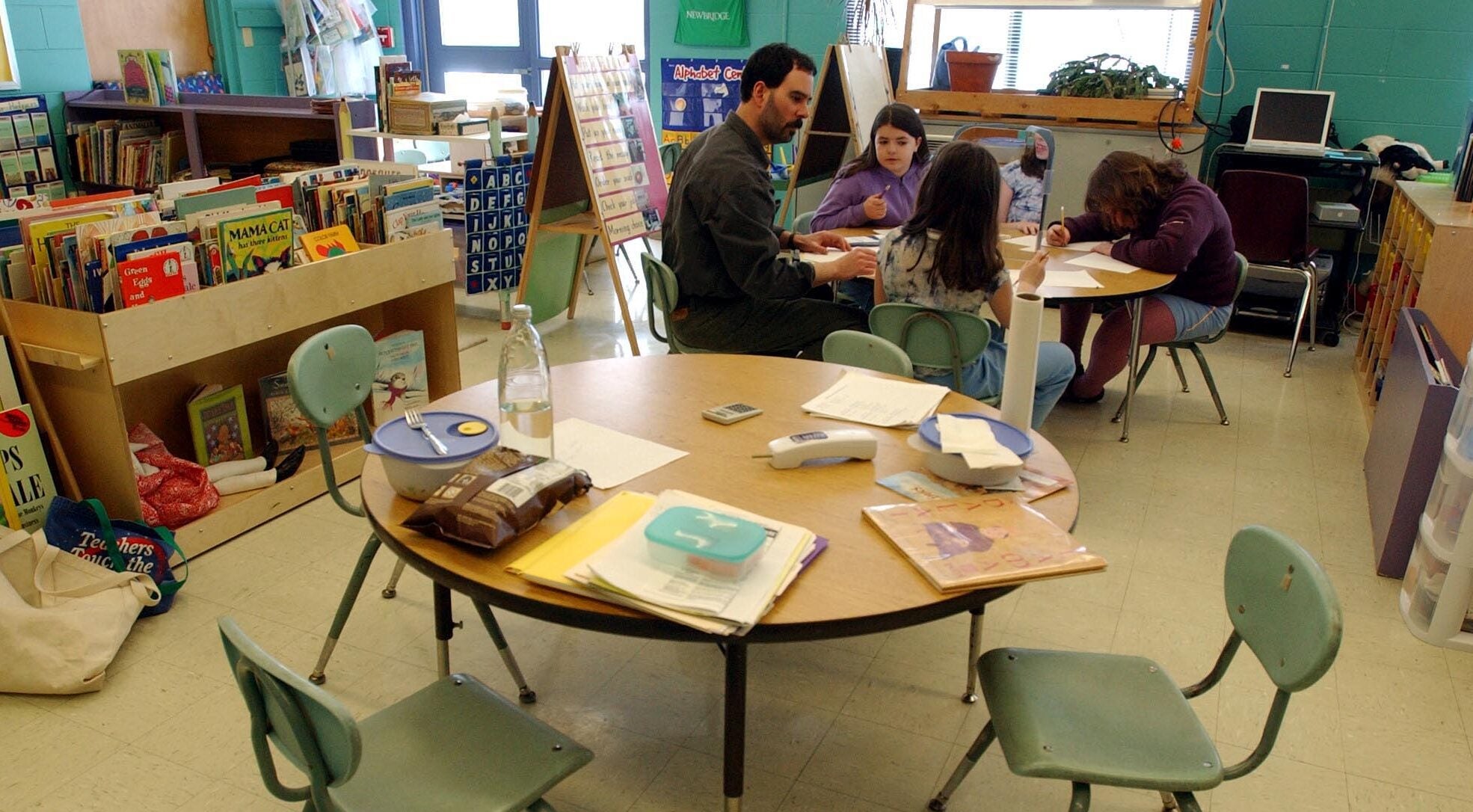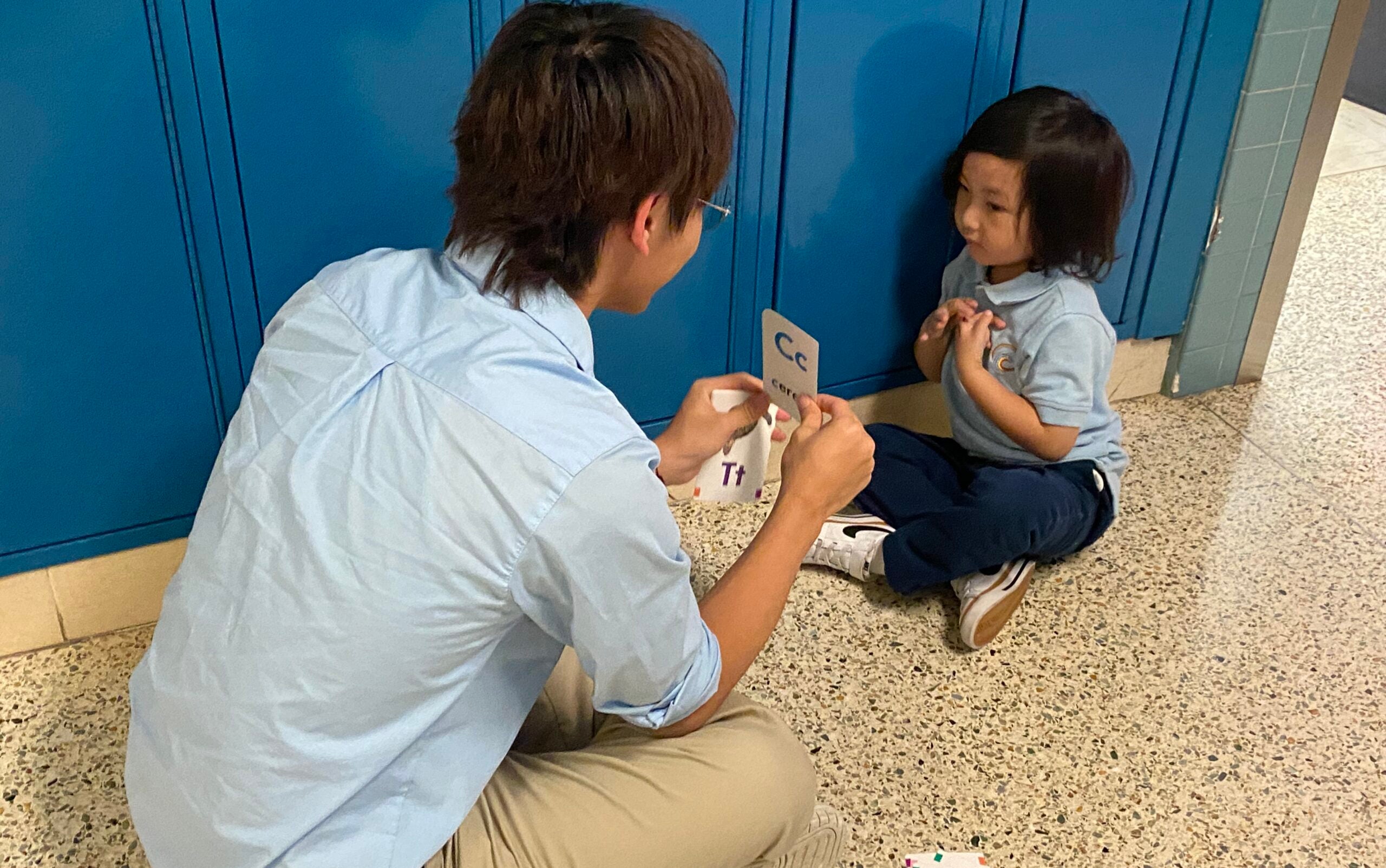Two years ago, the Wisconsin Department of Public Instruction allocated $2 million in federal COVID-19 relief funds to the University of Wisconsin System to analyze and improve literacy instruction programs, but the money went unused.
The Joint Finance Committee and DPI approved using $600,000 in Elementary and Secondary School Emergency Relief, or ESSER funds, so the UW System’s 13 schools could get individualized “landscape analysis” of their teacher prep reading programs.
DPI would also give $100,000 to each campus – totaling $1.3 million – to implement recommendations from the analysis.
Stay informed on the latest news
Sign up for WPR’s email newsletter.
As of this week, none of the UW System schools participated in the study, according to Ed Crowe, chief executive officer of TPI-US, the company selected by DPI to conduct the research.
Now, instead of using federal dollars to revamp reading curricula in teacher prep programs, the UW-System is tasked with making changes on its own.
Most UW System schools will have to make a change. The reading bill signed into law this summer – shifting schools from teaching “balanced literacy” to a phonics-based “science of reading” – also includes a provision on certifying new teachers.
The law prohibits DPI from approving teacher education programs unless they include science-based early literacy instruction. Wisconsin teachers who do not receive this training will not be eligible for a license beginning July 1, 2026.
University response
UW System Spokesperson Mark Pitsch said the universities are committed to honoring the legislative intent included in the DPI motion passed in 2021.
“We responded to an invitation from TPI-US and offered a plan that would have reflected the legislative scope of this initiative,” Pitsch said in an email. “However, the landscape analysis as currently proposed goes beyond the scope of what the legislature asked for.”
Pitsch did not answer specific questions about what the UW System disagreed with.
Crowe said if any UW program did sign up for a landscape analysis, TPI-US would follow its standard process of examining documents and data they would submit, observing faculty teaching relevant coursework, observing teacher candidates in their school placements and sharing findings and recommendations with program leaders.
TPI-US also produces a confidential written report to the program with evidence-based findings and recommendations regarding how well the science of reading is taught, learned and practiced at a given institution, Crowe said.
The landscape analysis wasn’t required by law. But a DPI-approved motion required universities to “analyze educator preparation program required reading courses, including syllabi and course schedules, textbooks, assignments and exams to ensure adequate coverage of evidence-based content and practices.”
Reading scores drive concern
The legislation focused on reading instruction was fueled by concern over declines in state reading scores.
Fewer than 40 percent of the state’s fourth graders are proficient readers.
And the results from the Wisconsin Foundations of Reading Test, a mandatory assessment elementary school teachers take to get their license, are dismal.
Only 54 percent of first-time test takers passed 2020-21. That’s down from 66 percent in 2014-15.
Lawmakers initially wanted to require the UW System to take part in the landscape analysis. In February 2022, a bill was introduced making participation mandatory.
Deej Lundgren, UW System’s associate vice president of government relations, testified against the bill, saying all education preparation programs that lead to licensure must be approved by DPI.
Gov. Tony Evers vetoed the bill, echoing Lundgren and calling it a “duplicative process,” since teacher licensure is reviewed by DPI.
Effect of new reading law
Laura Adams, a policy initiatives advisor with the Department of Public Instruction, said she knows colleges and universities are “committed to reviewing their programs.”
Adams said the UW System has decided not to participate in the TPI-US landscape analysis because of the requirements of the new reading law. But the law was signed more than two years after the money for the analysis was allocated.
“While they may not be taking advantage of the federal COVID relief dollars, they have a plan to engage in similar work,” Adams said. “And to make sure it is in alignment with this new state legislation instead.”
Lana Collet-Klingenberg, president of the Wisconsin Association of Colleges of Teacher Education and the interim dean of the UW-Whitewater College of Education, said teacher prep programs are fully prepared to meet the requirements of the new reading law.
UW-Whitewater has about 1,500 undergraduate students majoring in education and issues the most licenses in the state.
Collet-Klingenberg said last year, two instructors were trained on the science of reading.
“Our programs had all either already adopted or revised curriculum to adopt science of reading approaches to literacy instruction,” Collet-Klingenberg said, adding the reading law will present “minimal” challenges to colleges and universities.
“My bigger concerns are all of the requirements the act places on our already over-burdened and under-funded PK-12 public schools and the short timeline that they have to put in place new requirements for practicing, licensed teachers and to hire reading coaches, as well as figure out how to meet the demands and expenses of mandatory summer school for third grade students who do not pass the newly required third-grade literacy test,” Collet-Klingenberg said.
The ESSER funds will now go back to DPI and the local public school districts for required reading professional development.
“And it turns out it is the same training that is required under Act 20 (the new law),” Adams said. “So, this is actually a win for our school districts.”
DPI will review how much money is available and awards will be based on district need, Adams said.
Wisconsin Public Radio, © Copyright 2025, Board of Regents of the University of Wisconsin System and Wisconsin Educational Communications Board.




